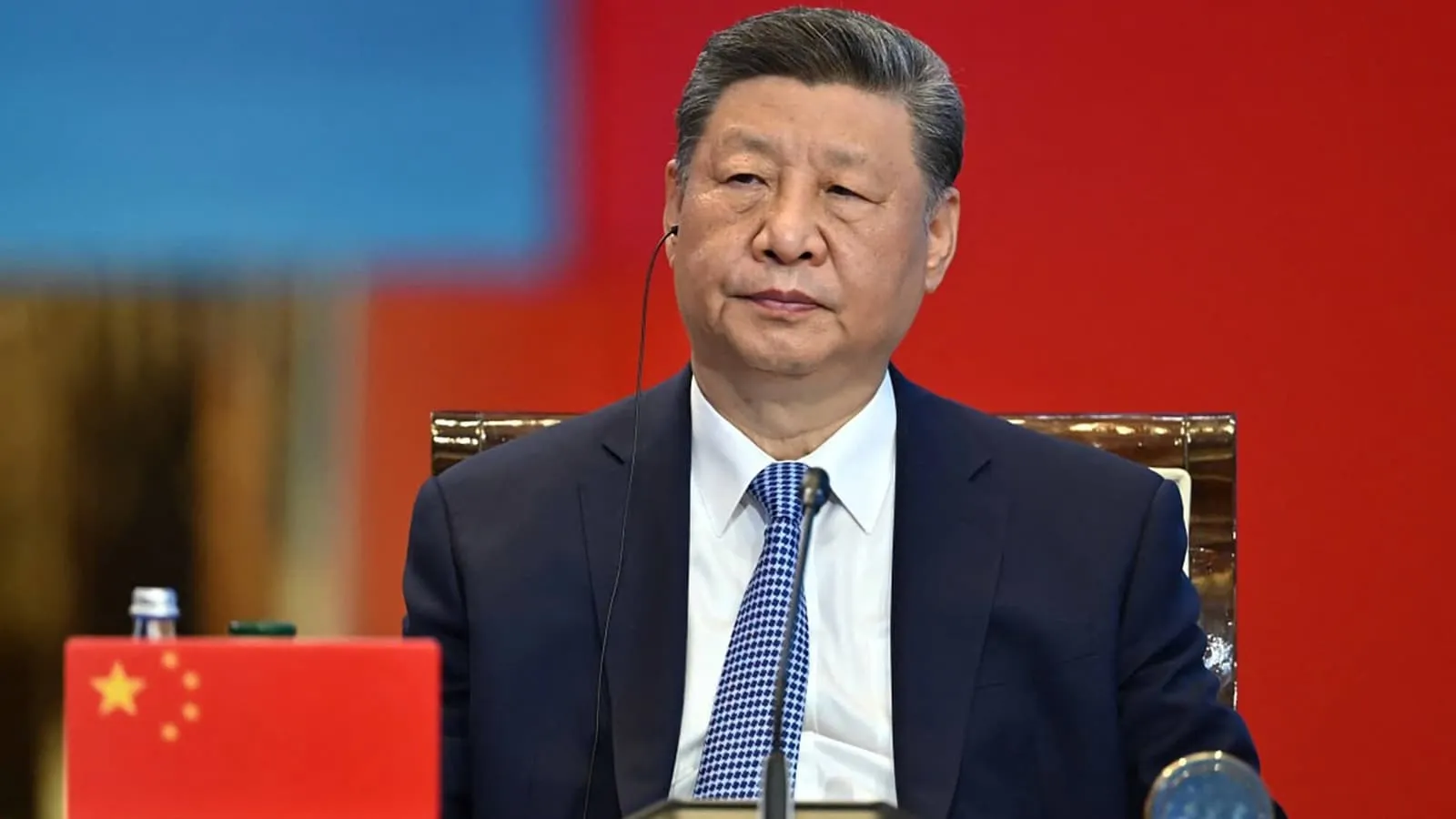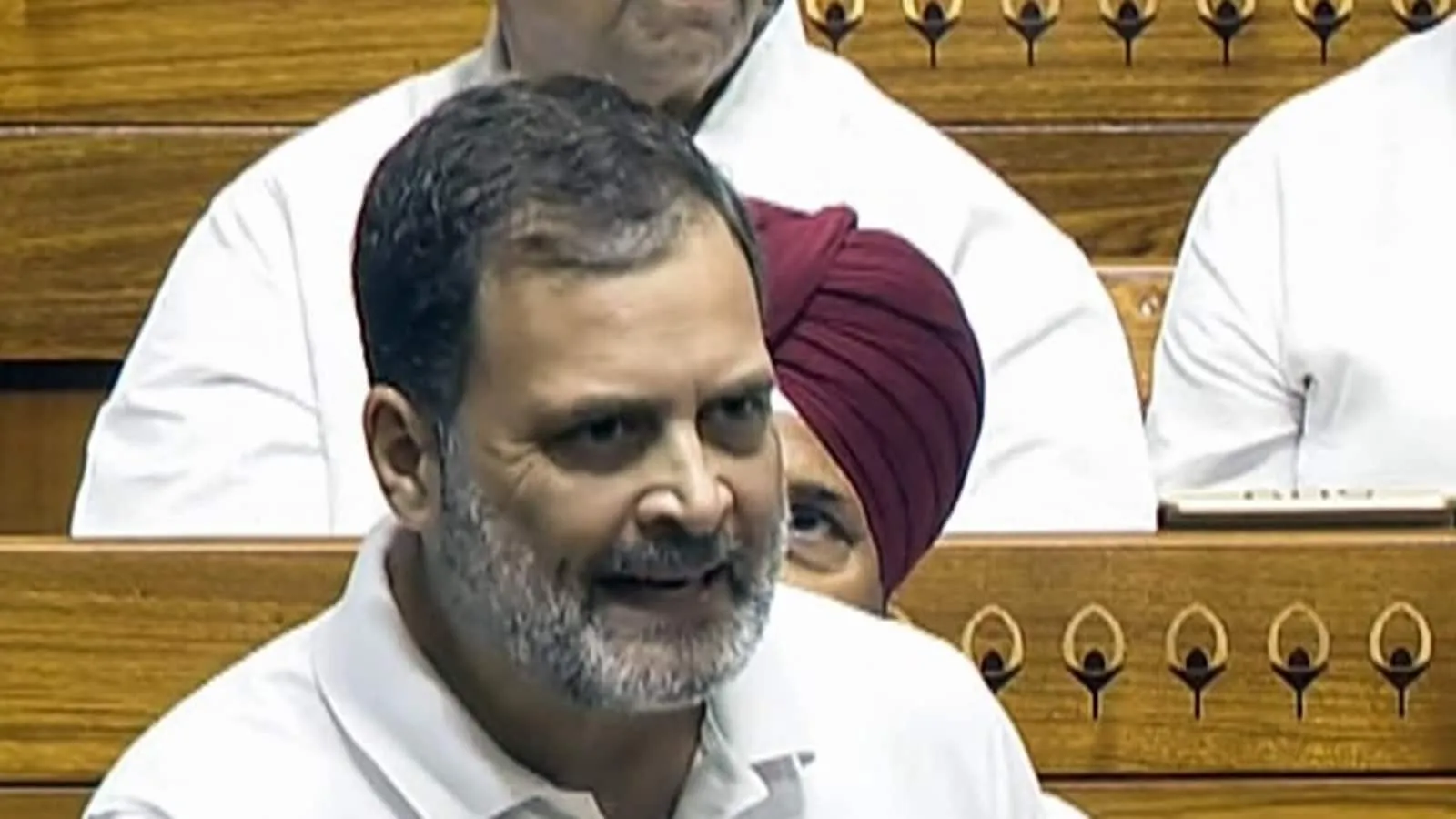Xi Jinping’s Meeting with CPC Members
Recently, according to state agency Xinhua, the 24-member Political Bureau of the ruling Communist Party of China had a meeting. The focus of the meeting was to review new regulations concerning the party’s institutions. This meeting took place on June 30, with President Xi Jinping presiding over it.
Standardizing Key Institutions
During the meeting, President Xi Jinping emphasized the importance of these regulations. He mentioned that the new rules would help in standardizing the establishment, responsibilities, and operations of the CPC’s key institutions.
Speculations on Power Transition
Analysts believe that this meeting is a crucial step in President Xi Jinping’s plan for a smooth power transition within the Communist Party of China. Despite being seen as a strong leader, Xi Jinping is determined to share power and authority with other party members.
This move towards delegating power coincides with the ongoing trade tensions between the US and China. President Donald Trump has threatened to impose higher tariffs on Chinese imports.
While some observers view Xi’s interactions with the CPC as a power struggle, many experts suggest that it could be a strategic move for a planned retirement by the Chinese leader.
Fueling Speculation
The speculation about Xi Jinping’s retirement plans intensified during his absence from public appearances between May 21 and June 5, 2025.
According to an analyst interviewed by the South China Morning Post, the regulations being discussed could be part of a strategy to regulate key bodies during this critical phase of power transition.
Focus on Larger Issues
On the other hand, some analysts argue that the delegation of power could allow Xi Jinping to concentrate on more significant issues. This could explain his absence from the BRICS 2025 Summit.
Victor Shih, a specialist in Chinese elite politics and finance at the University of California San Diego, pointed out that Xi Jinping might be shifting his attention from day-to-day matters to focus on his policy priorities. This shift necessitates a monitoring mechanism to ensure the effective implementation of his policies by lower-level officials.






